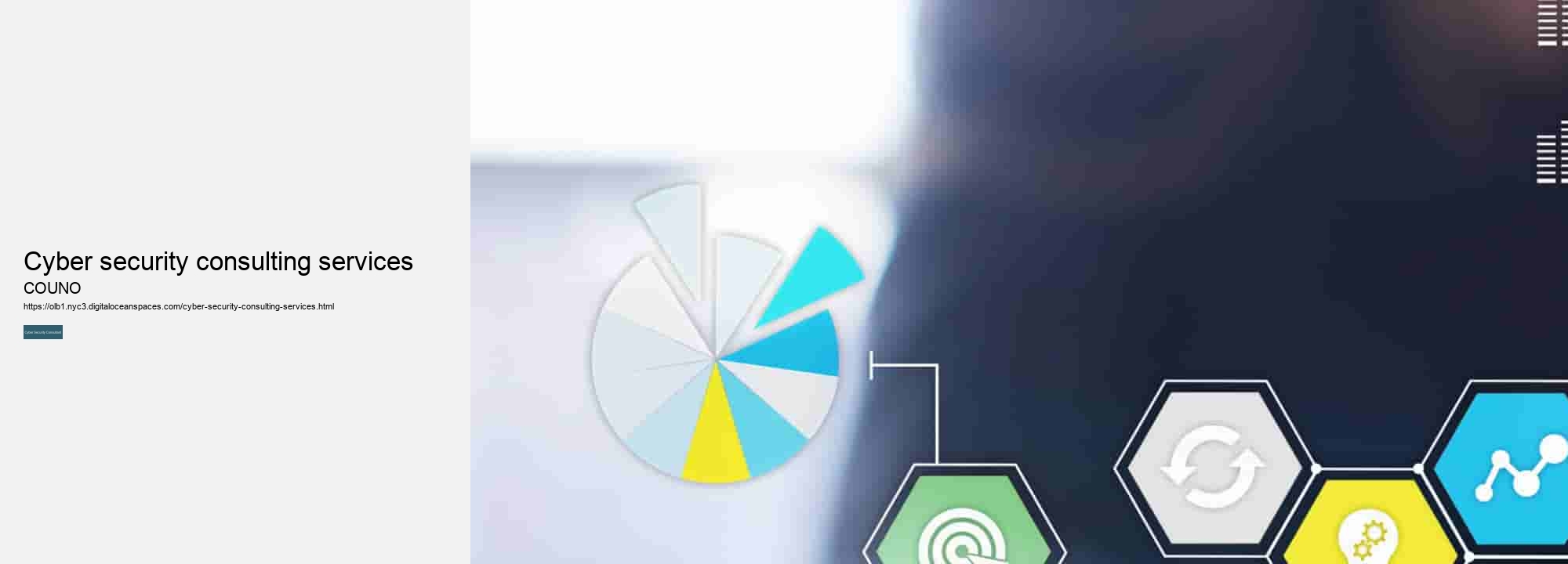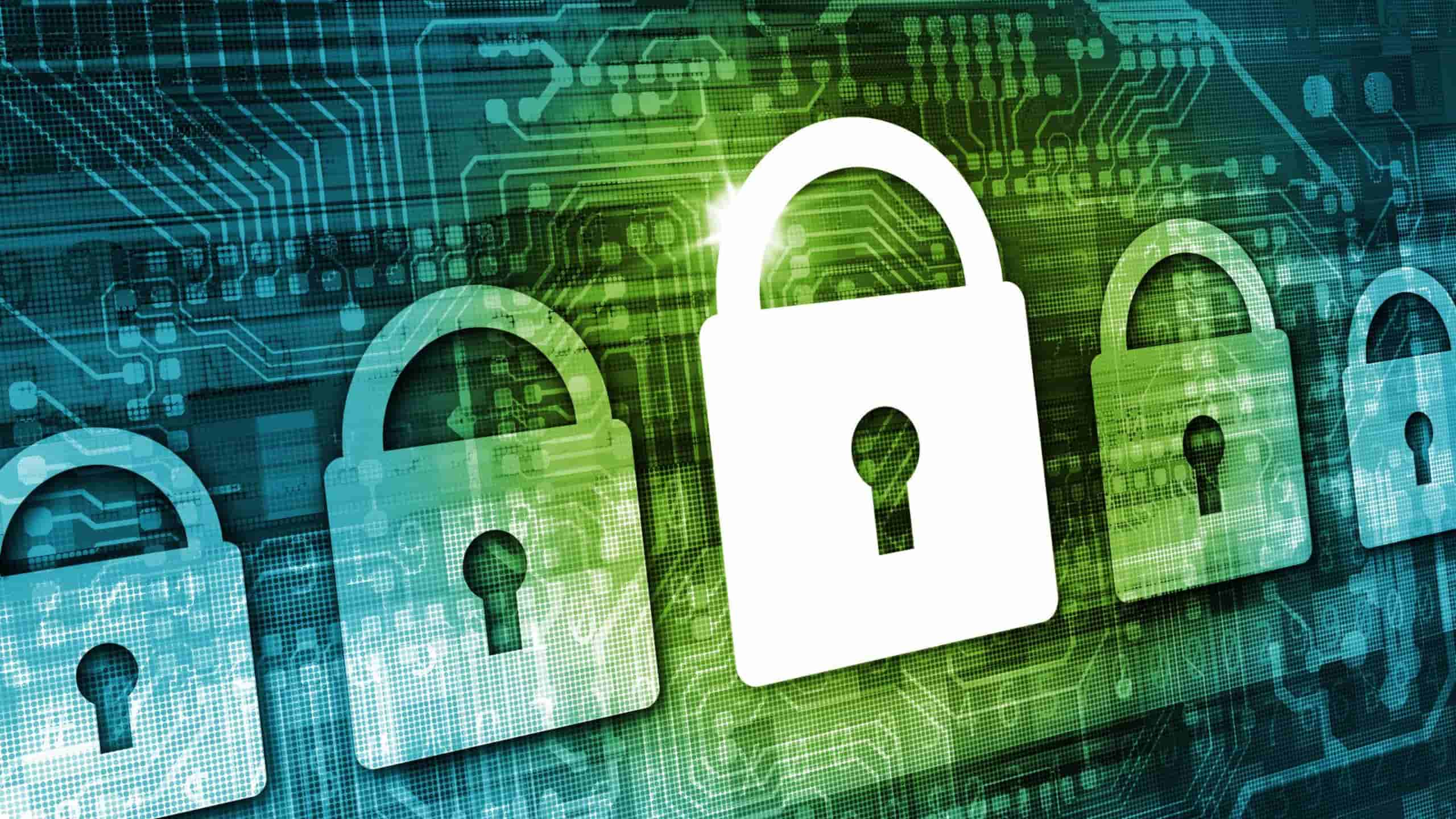

In addition to antivirus software, it is also essential to be cautious when browsing the internet or downloading files. Be wary of suspicious websites or emails that may contain malware or phishing attempts. Avoid clicking on links from unknown sources and only download files from trusted sources. Furthermore, consider using a firewall on your device to monitor incoming and outgoing network traffic. Firewalls act as a barrier between your device and potentially harmful content on the internet. They can help prevent unauthorized access and block malicious activity.
In the event that your device becomes infected with malware or a virus, having a recent backup can help you restore your important files and documents without losing any valuable information. In conclusion, protecting your devices from malware and viruses is essential in today's digital age. By following these best practices such as keeping your software updated, installing antivirus software, being cautious online, using a firewall, and backing up your data regularly you can greatly reduce the risk of falling victim to cyber threats. Stay vigilant and proactive in safeguarding your devices against potential attacks! How to Enable Two-Factor Authentication for Added SecurityIn today's digital age, protecting your online accounts has never been more crucial.
One effective way to safeguard your accounts is by enabling two-factor authentication. Two-factor authentication adds an extra layer of security to your online accounts by requiring not only a password and username, but also a second piece of information that only you have access to. This could be a code sent to your mobile device, a fingerprint scan, or even facial recognition. By implementing this additional step in the login process, you significantly reduce the risk of unauthorized access to your accounts. To enable two-factor authentication on most websites or apps, you will typically need to navigate to the security settings section of your account.
You may be asked to verify your identity through a phone number or email address before proceeding with the setup process. Once two-factor authentication is enabled, you will receive a unique code each time you attempt to log in to your account. This code is usually sent via text message or generated by an authenticator app on your smartphone. Simply enter this code along with your password when prompted during login attempts. By incorporating two-factor authentication into your online security measures, you are drastically reducing the likelihood of falling victim to hacking attempts or data breaches.
Even if someone manages to obtain your password through phishing scams or other means, they would still require access to your mobile device or other secondary verification method in order to gain entry into your account. In conclusion, enabling two-factor authentication for added security is a simple yet highly effective way to protect yourself against cyber threats and safeguard your personal information online. Take the necessary steps today to enable this feature on all of your important accounts and enjoy peace of mind knowing that you have taken proactive measures to keep yourself safe in an increasingly digital world. How to Secure Your Home Network from HackersSecuring your home network from hackers is crucial in today's digital age. With the increasing number of devices connected to the internet, it has become easier for hackers to gain unauthorized access to your personal information and cause harm.
The first step in securing your home network is to ensure that all your devices have strong and unique passwords. This includes not only your computers and smartphones but also any other smart devices such as thermostats or security cameras. By using strong passwords that are difficult to guess, you can significantly reduce the risk of a hacker gaining access to your network. Another important step is to keep all your devices up-to-date with the latest software updates.
It is also essential to secure your wireless network with encryption. Most routers come with built-in encryption settings that allow you to password-protect your network. By enabling encryption, you can prevent unauthorized users from accessing your Wi-Fi signal and potentially compromising your data. In addition to these basic steps, consider setting up a firewall on your router.
A firewall acts as a barrier between your network and the outside world, monitoring incoming and outgoing traffic for suspicious activity. By configuring a firewall on your router, you can add an extra layer of protection against hackers. Finally, consider investing in a virtual private network (VPN) for added security. A VPN encrypts all data transmitted between your device and the internet, making it much harder for hackers to intercept sensitive information.
By following these steps, you can significantly enhance the security of your home network and minimize the risk of falling victim to hackers. Remember that staying vigilant and proactive about cybersecurity is key in today's digital landscape. Take the necessary precautions now to safeguard yourself and your family from potential cyber threats.
It offers convenience and accessibility that traditional brick-and-mortar stores cannot match. However, with the rise of cybercrime and identity theft, it is essential to take precautions to safeguard your personal information while conducting transactions online. One of the most important steps you can take to protect yourself while shopping and banking online is to ensure that you are using secure websites.
You can easily identify secure websites by looking for a padlock icon in the address bar or checking if the URL starts with "https" instead of just "http". It is also crucial to create strong passwords for your online accounts. A strong password should be at least 12 characters long and include a mix of letters, numbers, and special characters.

Avoid using easily guessable information like your birthdate or pet's name as passwords. Additionally, consider using a password manager to generate and store complex passwords securely. Another way to enhance your online security is by enabling two-factor authentication whenever possible. This adds an extra layer of protection by requiring you to provide a second form of verification before accessing your account. This could be a code sent to your phone or email, making it harder for cybercriminals to gain unauthorized access. Be cautious when sharing personal information online, especially on public Wi-Fi networks.
If possible, avoid conducting financial transactions on public networks or use a virtual private network (VPN) for added security. Regularly monitor your bank statements and credit reports for any suspicious activity that could indicate identity theft. Report any unauthorized transactions immediately to your bank or credit card company and consider placing a fraud alert on your accounts. By following these tips and staying vigilant about protecting your personal information online, you can shop and bank safely without risking identity theft. Remember that prevention is key when it comes to safeguarding yourself against cyber threats in our increasingly digital world.
It allows us to connect with friends and family, stay updated on current events, and share our thoughts and opinions with the world. However, with the convenience of social media comes the risk of privacy breaches and cyber threats. To stay safe on social media and avoid privacy breaches, there are a few key practices that you should keep in mind. First and foremost, it's important to be mindful of the information you share online. Avoid sharing personal details such as your full name, address, phone number, or financial information unless absolutely necessary.
Remember that once something is posted online, it can be difficult to completely erase it from the internet. Another important aspect of staying safe on social media is being selective about who you connect with. Be cautious about accepting friend requests or following people you don't know personally. Scammers and hackers often use fake profiles to gain access to personal information or spread malware. If someone seems suspicious or makes you uncomfortable, trust your instincts and unfriend or block them.
Most platforms offer customizable privacy settings that allow you to control who can see your posts, photos, and personal information. Take the time to familiarize yourself with these settings and adjust them according to your comfort level. Additionally, be wary of phishing scams and suspicious links that may appear in messages or posts on social media. Hackers often use these tactics to trick users into revealing sensitive information or downloading malware onto their devices.
Lastly, consider using strong passwords for your social media accounts and enable two-factor authentication whenever possible. This adds an extra layer of security by requiring a second form of verification before granting access to your account. By following these practices and staying vigilant while using social media platforms, you can help protect yourself from privacy breaches and cyber threats. Remember that your safety online is just as important as offline – so take steps to safeguard your personal information and enjoy all that social media has to offer responsibly.
With the increasing number of cyber threats and attacks targeting individuals and businesses alike, being informed and proactive in protecting our personal information online is crucial. One of the first steps in educating yourself and your family about cyber security is to stay informed about the latest trends and threats in the digital world. This can be done by following reputable sources such as cybersecurity blogs, news websites, or attending webinars and workshops on the topic. By staying up-to-date with current events in cybersecurity, you can better understand the risks involved and take necessary precautions to protect yourself.

Another important aspect of cyber security education is teaching your family members about basic online safety practices. This includes creating strong passwords, avoiding suspicious links or emails, being cautious when sharing personal information online, and keeping software up-to-date. By instilling these habits early on, you can help prevent potential cyber attacks and keep your family safe while navigating the internet. Furthermore, it is essential to discuss the importance of privacy settings on social media platforms and other online accounts with your family members. Encourage them to regularly review their privacy settings and adjust them accordingly to ensure that their personal information remains secure. Additionally, consider implementing parental controls on devices used by children in your household to limit their exposure to potentially harmful content online.
Lastly, make sure to have open conversations with your family members about cyber security concerns and encourage them to ask questions if they are unsure about something. By fostering a culture of communication around this topic, you can create a supportive environment where everyone feels comfortable seeking help or guidance when needed. In conclusion, educating yourself and your family about cyber security best practices is essential in today's digital era. By staying informed, practicing good online habits, teaching basic safety measures to your loved ones, and fostering open communication around this topic, you can better protect yourselves from potential cyber threats and ensure a safer online experience for all. Importance of Cyber Security in the Modern Digital AgeIn today's modern digital age, the importance of cyber security cannot be overstated.
Cyber security is essential for safeguarding personal data, financial information, and intellectual property from hackers and malicious actors. With the rise of online banking, shopping, and social media platforms, individuals are increasingly at risk of falling victim to cyber attacks such as hacking, phishing scams, and ransomware. Furthermore, businesses must also prioritize cyber security in order to protect their customers' data and preserve their reputation. A data breach can have devastating consequences for a company's bottom line and credibility, leading to loss of trust among consumers and potential legal ramifications. In addition to protecting individual privacy and corporate assets, cyber security plays a critical role in national security.
Governments around the world rely on secure networks to defend against cyber warfare and prevent unauthorized access to classified information. As we become more interconnected through the Internet of Things (IoT) and smart devices, the attack surface for cyber criminals continues to expand. It is imperative that we remain vigilant in implementing strong security measures to mitigate these risks. Ultimately, investing in robust cyber security practices is not just a matter of convenience - it is a necessity in order to safeguard our digital identities and ensure a safe online environment for all users. By staying informed about emerging threats and adopting best practices for securing our devices and networks, we can help prevent potentially catastrophic breaches that could compromise our personal safety and livelihoods.
As technology continues to advance, so do the threats that put our personal information and data at risk. Understanding common cyber security threats and how to prevent them is crucial in safeguarding ourselves and our sensitive information from falling into the wrong hands. One of the most common cyber security threats is malware, which includes viruses, worms, trojans, spyware, and ransomware. Malware can infect your devices through malicious websites, email attachments, or software downloads.
Phishing attacks are another prevalent threat in which attackers trick individuals into disclosing their personal information such as passwords or credit card details by posing as legitimate entities. To protect yourself from phishing scams, always verify the sender's identity before clicking on any links in emails or messages and be cautious when providing sensitive information online. Ransomware attacks have become increasingly common in recent years, where cyber criminals encrypt a user's files and demand payment for their release. To prevent falling victim to a ransomware attack, regularly back up your data on an external hard drive or cloud storage platform and refrain from opening attachments or links from unfamiliar sources.
Implementing strict access controls and monitoring employee behavior can help mitigate insider threats within organizations. Lastly, insecure Wi-Fi networks pose a risk of unauthorized access to your devices and data by hackers looking to intercept sensitive information transmitted over unsecured connections. To protect yourself while using public Wi-Fi networks, use a virtual private network (VPN) for encrypted communication and avoid accessing confidential accounts or making online purchases on unsecured networks. In conclusion, staying informed about common cyber security threats and taking proactive measures to prevent them is crucial in ensuring the safety of our personal information online.

Services include risk assessment, penetration testing, compliance audits, incident response planning, and security awareness training.
Regular assessments, ideally annually or biannually, are recommended, especially after significant changes to the IT infrastructure or after a security incident.
A Cyber Security Consultant assesses an organization's security measures, identifies vulnerabilities, and recommends solutions to protect against cyber threats.